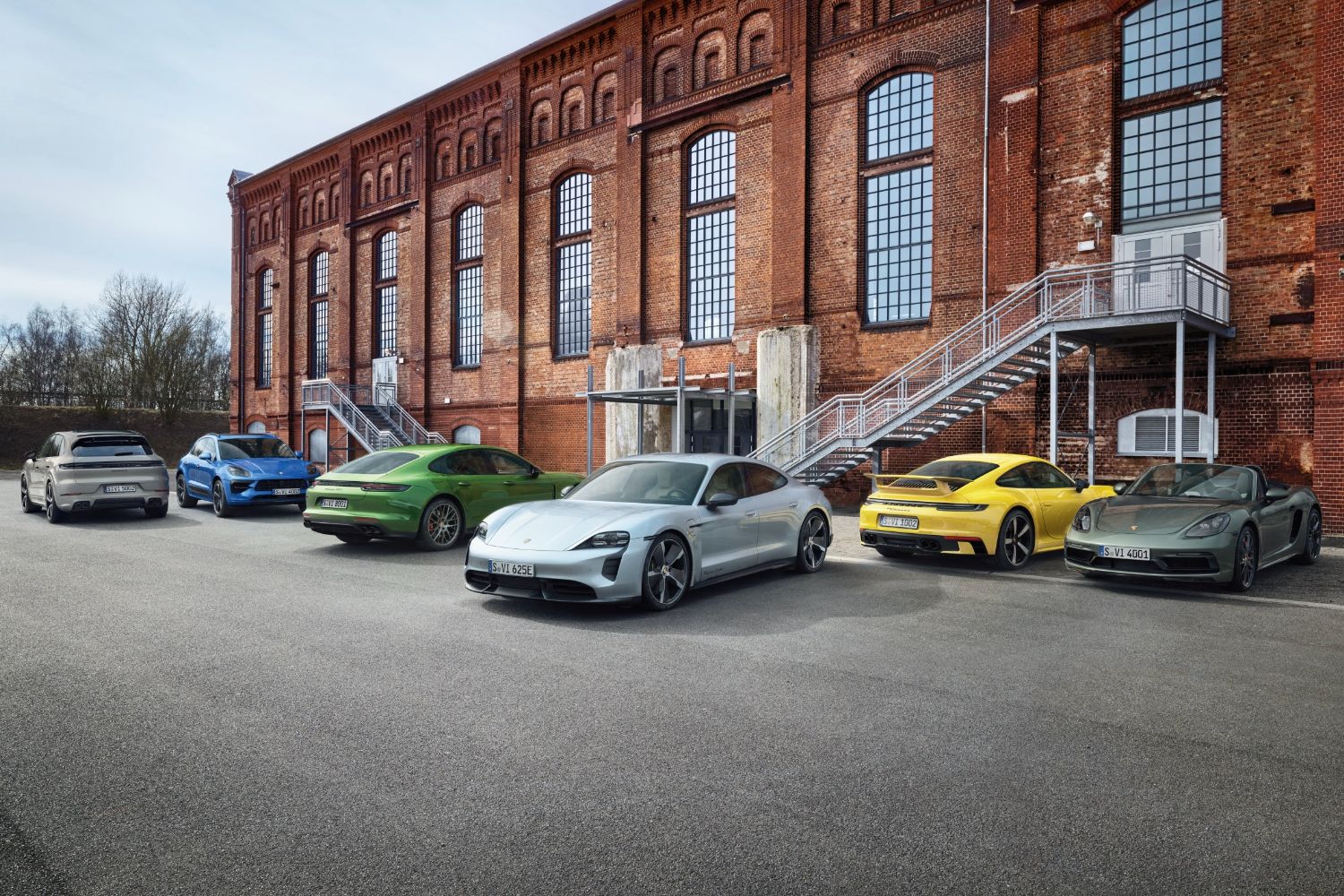Porsche says 2024 will be "the biggest year of product launches" in the brand's history after posting strong financial results in 2023. Last financial year, Porsche made a profit of more than seven billion euros, and the company is looking to build on that with a year of new products, including the updated 911 and Taycan models.
In the black
Porsche's finances looked decidedly healthy in 2023, with group sale revenue totalling more than €40 billion for the financial year. That's an increase of 7.7 per cent compared with the previous year and with a consistent 18 per cent profit on sales, group operating profit rose 7.7 per cent to hit €7.3 billion - up from €6.8 billion in the previous year.
Those with shares enjoyed earnings of €5.66 per share, while preferred shares earned €5.67 per share. As a result, the board is proposing a dividend payment of €2.1 billion for the 2023 fiscal year. The total amounts to more than 40 per cent of the group's net income after tax and equates to around €2.30 per share.
Lutz Meschke, the board member for finance and IT put the strong performance down to the company's product range and cost control. "Our strong results are due to the high demand for our attractive products and our strict cost discipline," he said. "Porsche proved in 2023 that we are resilient, highly profitable and financially robust even in volatile times. On this basis, we're laying the groundwork for a flying start in 2025."
Four model launches
The "flying start" has already begun, with Porsche having recently launched the new Panamera sports saloon, the first examples of which will arrive shortly. That is followed by the revamped Taycan electric saloon, complete with the new high-performance Turbo GT variant revealed just yesterday. Porsche has also already revealed the forthcoming electric Macan, which is set to go on sale alongside the existing combustion-powered variants.
But the fourth piece of the jigsaw - the updated 911 - has not yet been unmasked. Planned for early summer, the car is expected to offer a hybrid system of some description, although it's not thought to be a plug-in hybrid.
"Once again, we are deploying technology in series-production models that we have derived from the world of motorsport," said Oliver Blume, chairman of Porsche's executive board. "And our customers can look forward to further technological innovations along those same lines."
Long-term plans
Beyond those four vehicles - and beyond 2024 - Porsche is planning to grow the range further with the addition of the new, all-electric 718 sports car in "the middle of the decade." Like the current model, the sports car is expected to be offered in coupe and convertible forms, presumably bearing the Cayman and Boxster names, respectively.
After that, the brand will build a new electric Cayenne model, which is expected to follow the Macan in being sold alongside the combustion-powered variants for a time, at least.
Finally, Porsche is planning to grow its range with a new seven-seat electric SUV positioned above the Cayenne in the brand's portfolio. Although the company says the newcomer will be "sportily positioned," it is intended primarily for the American and Chinese markets and will come with "automated driving functions." No name has been announced for the new model as yet, but it's expected to rival the Mercedes-Benz EQS SUV.
Whatever form it takes, the new addition is expected to form a key part of Porsche's sustainability drive, which the company describes as "ambitious." The primary ambition is a plan for more than 80 per cent of the vehicles Porsche delivers globally to be fully electrified in 2030, although the brand has confessed achieving that target will depend on the demand from consumers and the development of electromobility in various markets.
For the remaining 20 per cent of sales, Porsche is continuing its work on e-fuels, having opened the first commercial e-fuel plant in Chile. Initially, the company hopes to mix e-fuels with conventional petrol and diesel to reduce fossil fuel consumption.


